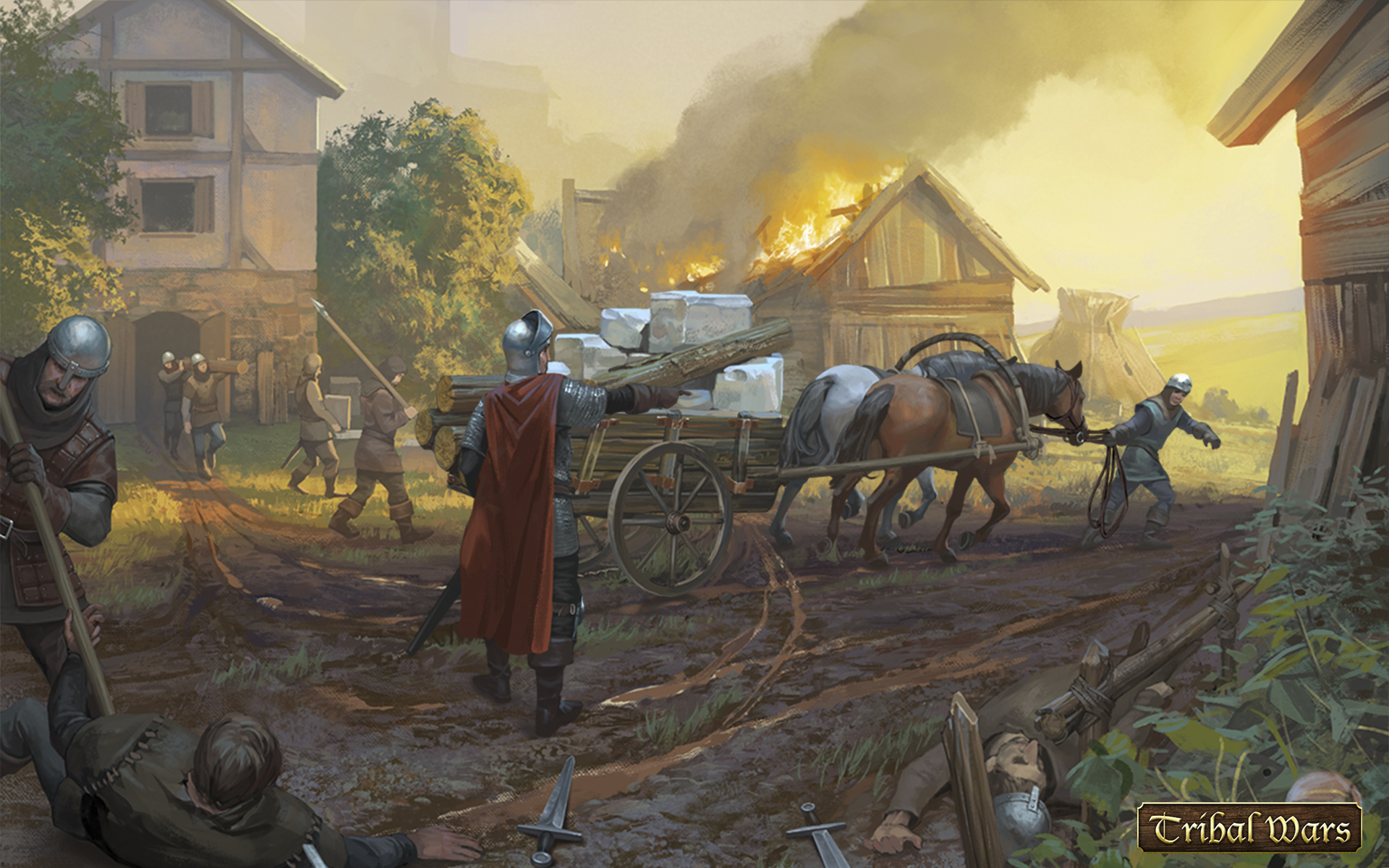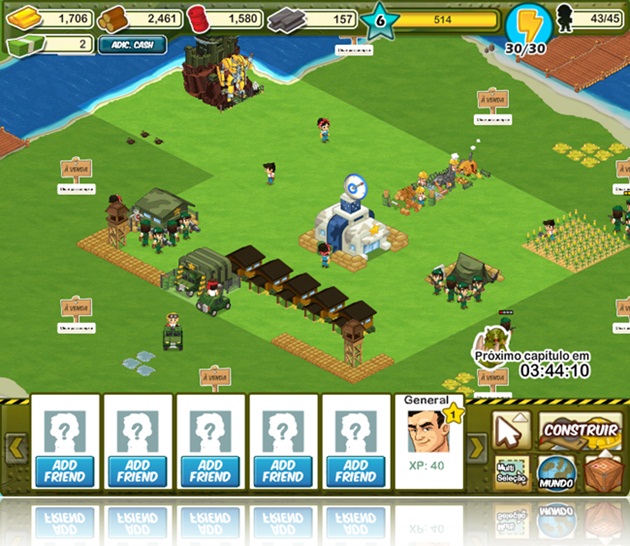
Noman Benotman, a former dissident familiar with official thinking, says Gaddafi has long kept the army weak in order to prevent it from developing into a rival power base. Once largely nomadic herders, the Qathathfa were sidelined by Libya’s former monarchy but allowed to join the armed forces and police, then considered secondary organisations. Some analysts say key members of his family have their own military formations, again usually members of their own Qathathfa tribe. Experts generally agree part of Gaddafi’s strategy for retaining power has been to keep his own tribe in important positions. Long largely closed to outsiders, details of its complex mix of alliances and loyalties are scarce. In Egypt and Tunisia, the armies proved to be the supreme political force, easing unpopular leaders Hosni Mubarak and Ben Ali from office in part because they were reluctant to fire on protesters.

While herder and tribal lifestyles have declined in Libya in the face of rising oil-fuelled urbanisation, traditional power structures are said to remain strong beneath the surface. Who, if anyone, those men were answering to was not immediately clear.

On Tuesday, a Reuters correspondent reported that Gaddafi’s forces appeared to have abandoned their positions on the border with Egypt which were now in the hands of men armed with clubs and Kalashnikovs who said they were opposed to his rule. It looks like he has already lost control of the east of the country where he was never popular and never fully managed to consolidate his power.”Įastern Libya is the site of much of its oil reserves. “I think you will see defections of some of the main tribes if that is not happening already.

“In Libya, it will be the tribal system that will hold the balance of power rather than the military,” said Alia Brahimi, head of the North Africa programme at the London School of Economics. Some rumours suggest the ferocity of Gaddafi’s crackdown on his own people may already be prompting tribal leaders to switch allegiance. More important are the larger tribes long co-opted into his rule such as the Wafalla, who make up an estimated 1 million of Libyan’s more than 6 million population. But that is seen unlikely to be enough to secure the country. LONDON (Reuters) - Powerful military elites ultimately decided the outcome of Egypt and Tunisia’s revolutions, but in Libya it is the much more opaque and complex tribal power structures that could decide how events play out.Ĭolonel Muammar Gaddafi has long relied on his immediate - but small - Qathathfa tribe to staff elite military units and guarantee his personal security and that of his government, experts say.


 0 kommentar(er)
0 kommentar(er)
